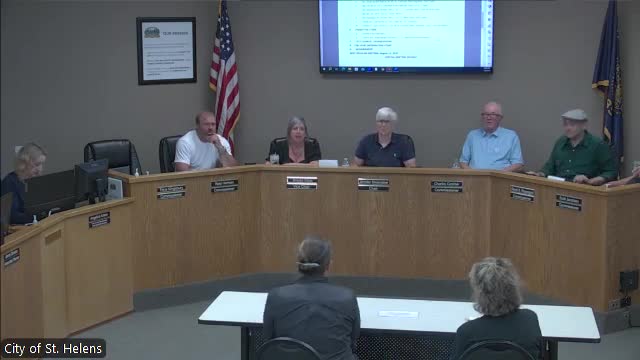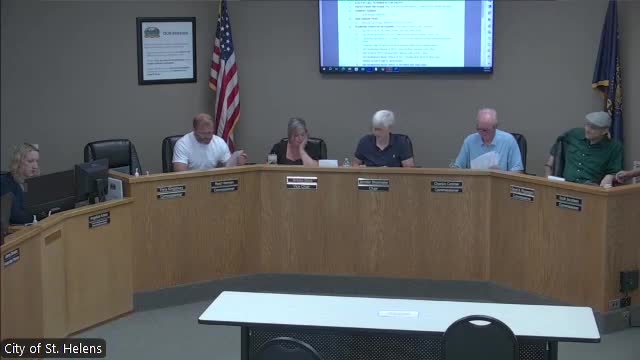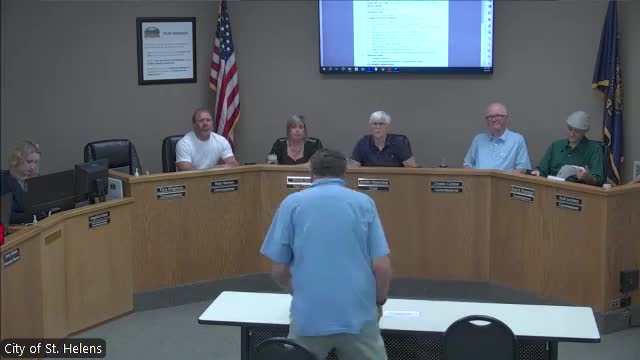Article not found
This article is no longer available. But don't worry—we've gathered other articles that discuss the same topic.

Main Street group urges data-driven push on vacant storefronts; commission names chair for effort

Planning commission debates attendance rules; proposes three unexcused absences and 48-hour notice for excused absences

